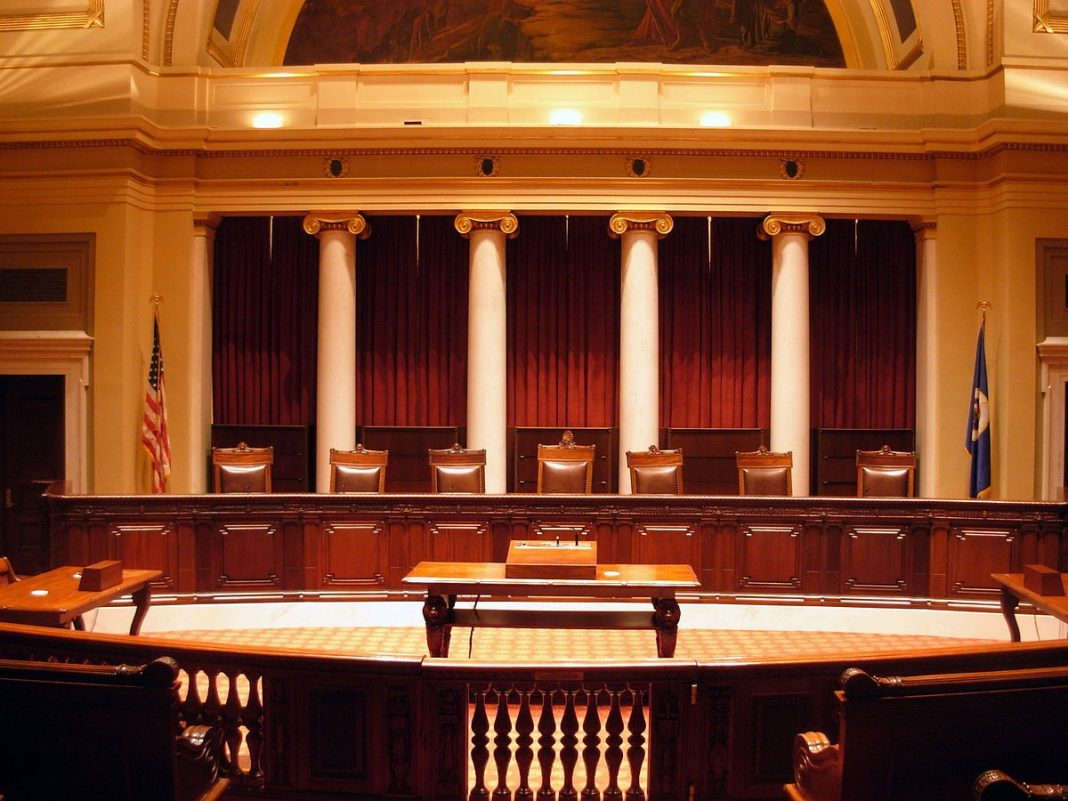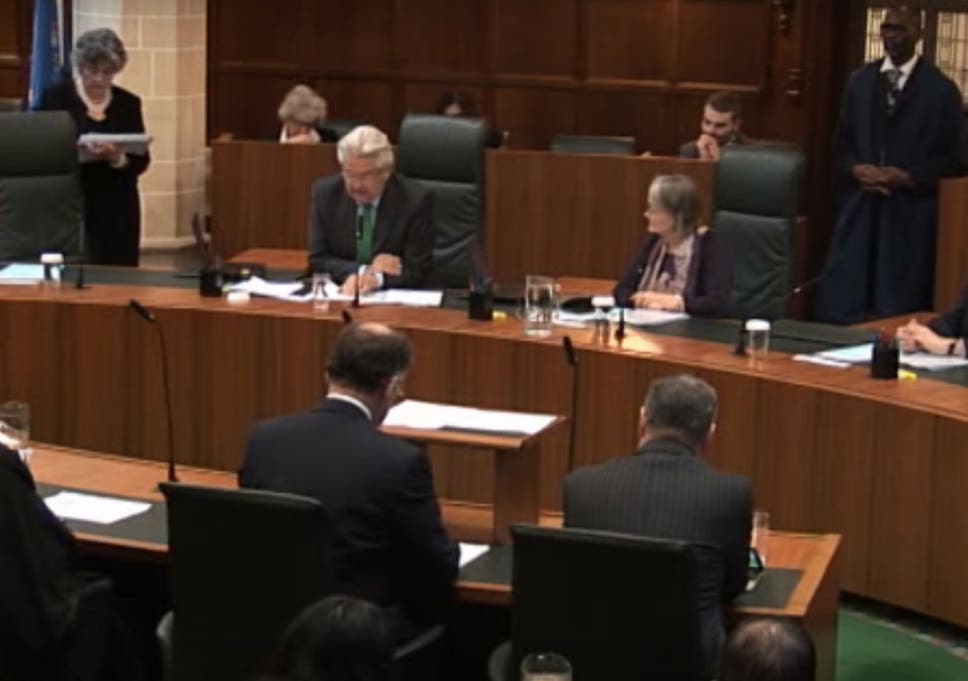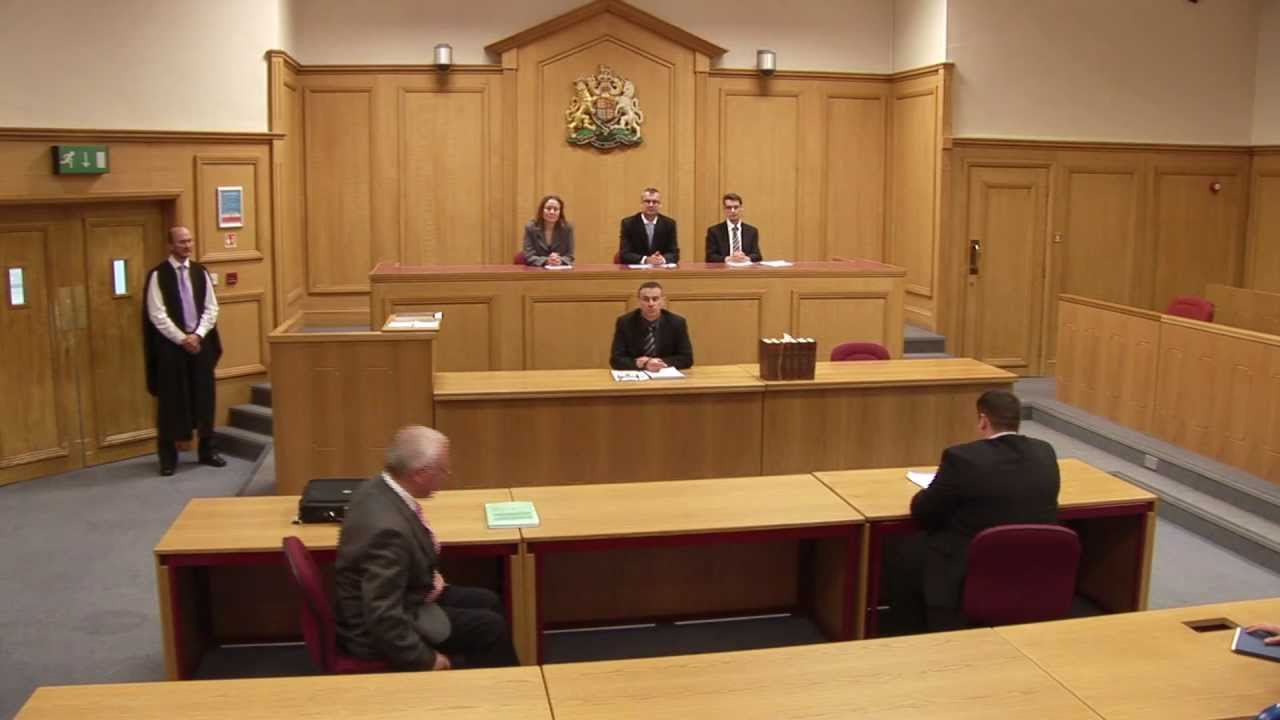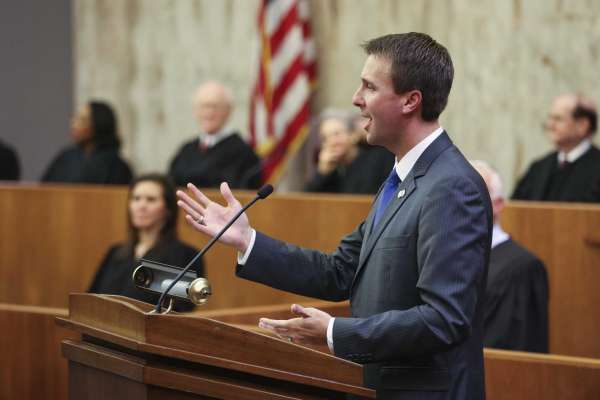I am not a legal advisor, I am a judgment referral master (Judgment Broker). This article is my supposition, about the ongoing common court closings that have just occurred, or will before long occur in California, and conceivably different states.
Truly, courts have raised their charges to take care of the expenses of work and different costs. While irritating, that is a sound method to expand income.
Generally, courts have cut their staff or have brought down wages. That is offensive, but on the other hand is a sound method to build income.
Shutting common courts totally, or to add Draconian deferrals to common court methodology, isn’t levelheaded. Courts are not parks or libraries. Court get to is legally necessary, and required for society to work appropriately. Without ideal execution from common courts, a few people may work outside the courts, which is likely not useful for society.
The courts of San Francisco, California have cut such a significant number of their representatives, that it will take a lot more hours to do anything (paying a traffic ticket, getting a writ, recording a court archive) face to face. It is additionally assessed that it will take as long as year and a half to settle a separation, and as long as 5 years for a claim to go to preliminary.
It isn’t just San Francisco County that has just cut, or is wanting to before long make extraordinary slices to common courts. The San Joaquin County Superior Court is shutting its Tracy branch town hall at 475 East tenth Street in Tracy, and at any rate one other Lodi town hall at 315 West Elm Street.
Incredibly, San Joaquin County will no longer have a little cases court. Envision a County where there was maybe no real way to sue, gather, or fulfill a little cases court judgment?
With common court delays, a few decisions might be reestablished as quick as the law permits, to take into consideration delays. Some will privately address any remaining issues, even issues that should have been settled in court. Legal counselors will be paid to hold up in line, which isn’t an ideal utilization of their time. Some may quit utilizing the common courts.
Halting, or seriously restricting common courts may influence society. Time is consistently of worth. Trusting that a claim will go to preliminary would resemble sitting tight two hours for a dial tone, when you attempted to utilize your telephone. When something can’t be utilized on an ideal premise, it can’t generally be utilized.
Since the constitution ensures fast preliminaries, criminal courts won’t be influenced without a doubt. I think the common part of the courts is additionally significant. Cutting common courts may expand the heap on the criminal courts.
On the off chance that things are awful, I think scaling back or charging more, is the proper thing to attempt first. Halting a crucial common assistance ought to be done uniquely if all else fails. It is smarter to twofold the charges, than to cause individuals to invest more energy pausing, or halting required administrations.
I am not a legal advisor (or a specialist in excess of a couple of fields). All things considered, I think there is a connection among common and criminal law. At the point when laws change, or quit being upheld on one side – it may influence the opposite side.
I know in any event one law that ought to be changed that would spare the courts, detainment facilities, police, and the sheriff a mind boggling measure of cash. Open security and helping society remain sorted out and stable ought to be high on everybody’s need list. Shutting a library is badly arranged. Shutting or debilitating common court access may influence society.




